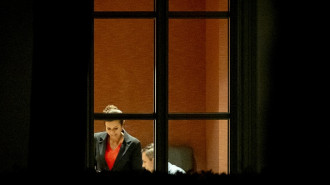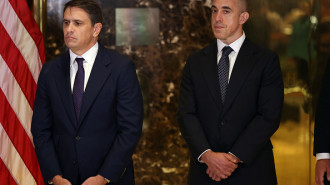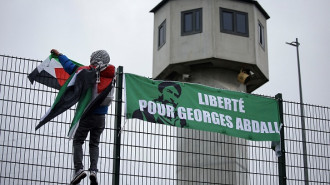Prime Minister Abdalla Hamdok dissolved the cabinet late on Sunday to make way for a more inclusive lineup, with the new government expected to bring in seven ministers from former rebel groups.
Two other ministers are expected to be selected from the military, with the remaining 17 coming from the Forces for Freedom and Change group, which plays a key role in Sudanese politics.
The group was the driving force behind the anti-government protests that led to the April 2019 ouster of strongman Omar al-Bashir.
Last week, Sudan appointed three ex-rebels to the ruling sovereign council, the civilian-majority ruling body led by General Abdel Fattah al-Burhan, which was installed months after Bashir's ouster.
Hamdok will "make the cabinet announcement on Monday, February 8," Sudan's ruling body said in a statement.
It follows the peace deal last year between the transitional government and the Sudan Revolutionary Front (SRF), a coalition of five rebel groups and four political movements, including the troubled western region of Darfur.
Fighting in Darfur since 2003 left at least 300,000 people dead and 2.5 million displaced, according to the UN.
Despite the October peace deal, violence continues in Darfur, a vast and impoverished region awash with weapons where bitter rivalries over land and water remain.
The new government will also have to tackle a dire economic crisis.
Sudan's economy was decimated under Bashir by decades of US sanctions, mismanagement and civil war, as well as the independence of oil-rich South Sudan in 2011.
Galloping inflation, chronic hard currency shortages, and a flourishing black market remain pressing challenges, with protests in recent weeks at the worsening economy.
The government will also have to tackle stormy relations with neighbouring Addis Ababa, amid both border tensions and long-running negotiations - along with Egypt - over the controversial Grand Ethiopian Renaissance Dam on the Blue Nile.
Follow us on Facebook, Twitter and Instagram to stay connected







 Follow the Middle East's top stories in English at The New Arab on Google News
Follow the Middle East's top stories in English at The New Arab on Google News


